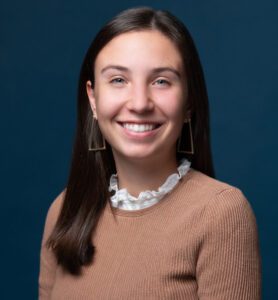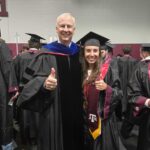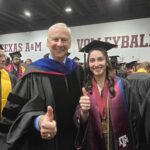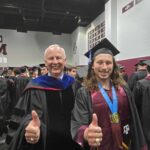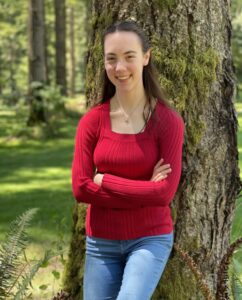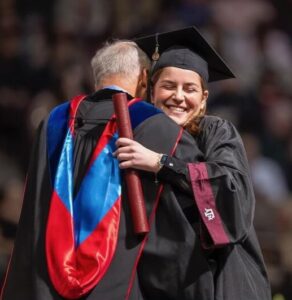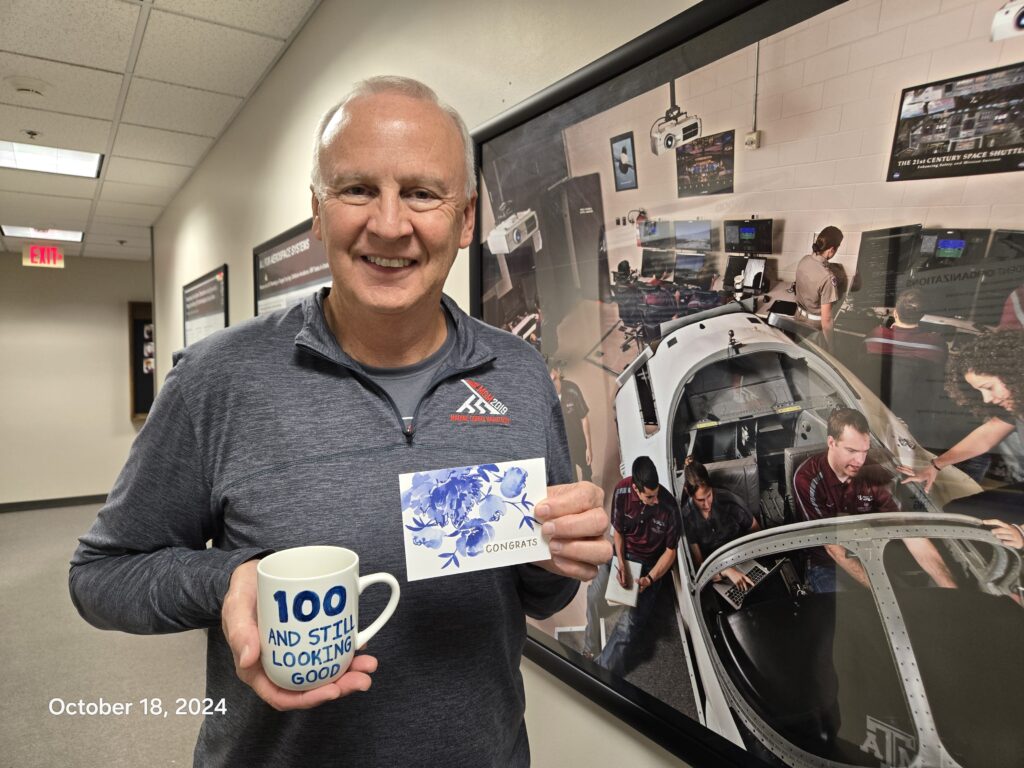1st Lt Noah R. Luna, USAF successfully defended his M.S. thesis on June 12th, 2025. Noah has been with VSCL since he graduated from the USAF Academy and commissioned in June 2023. The title of his thesis is: Real-Time Controller Architecture for the Flight Test of Custom Control Algorithms on Small Unmanned Aircraft Systems
Flight test of experimental controller designs can be difficult when using commercially available hardware on small unmanned aircraft systems. The supported software often relies on specific messaging protocols to send commands to the aircraft which can vary significantly between controllers. Furthermore, modification of an existing package to accept different types of controllers can prove to be a difficult task. This thesis details a real-time control architecture for small unmanned aircraft systems, named Kanan, capable of safely and quickly integrating a variety of flight controller designs on a various platforms including fixed-wing aircraft and rotorcraft. Kanan is a C++ based software package which supports command authority using RC channel overrides, attitude control, and both local and global position control. The Robot Operating System and MAVLink messaging protocols are fundamental for how messages are shared between an Ardupilot flight stack and onboard companion computer. Additionally, the framework provides support for pilot operated safety measures and the ability to perform common flight test maneuvers, such as doublets or sawtooth climbs, for further control system and vehicle analysis. A low-barrier to entry is achieved by restricting all necessary changes needed for various tests to only two files and including a graphical user interface to reduce the required experience to operate the ground station computer. Testing and development of experimental flight controllers with Kanan can be done more quickly and significant changes can be made to the control design without having to modify or sacrifice existing data logging and safety functionality.
Noah addressed the need for a capability to easily port custom complex control laws from our research into commercial autopilots for use in demonstrating and evaluating them in flight testing. Noah has named his system Kanan, after his son Kanan whom was born a few short months ago. Noah’s research is supported by the United States Air Force and during his time with VSCL has contributed to all of the current research projects. Noah was also a grad assistant and lead for Dr. Valasek’s AERO 401/402 project this past year, in which a team of six Aero students addressed another need: a modular and extensible common architecture for sensors/avionics/navigation/autopilot. The new system is called Modular Open System Architecture for Low-cost Integrated Avionics (MOSA LINA). A paper on this framework was submitted to 2026 AIAA SciTech.
Noah’s is the 65th graduate degree completed that Dr. John Valasek has advised.
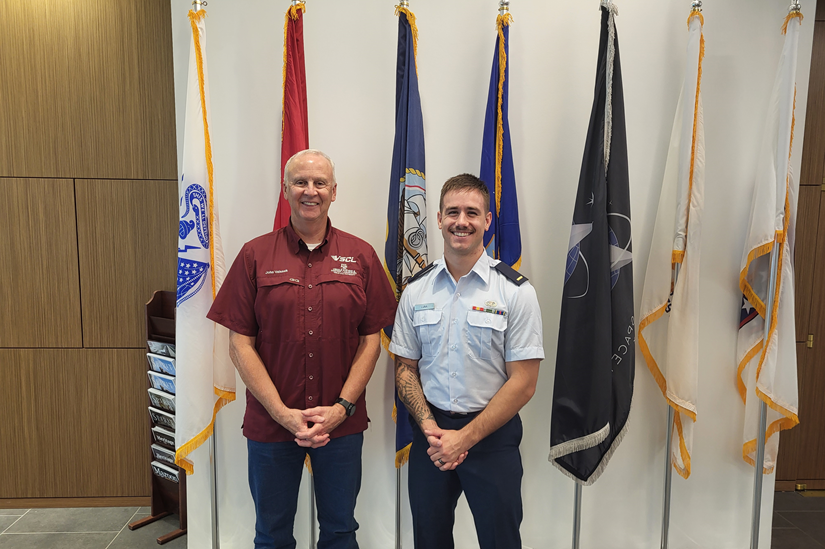
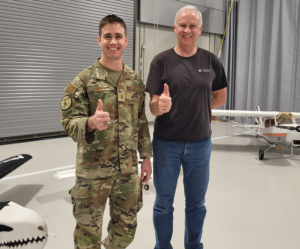

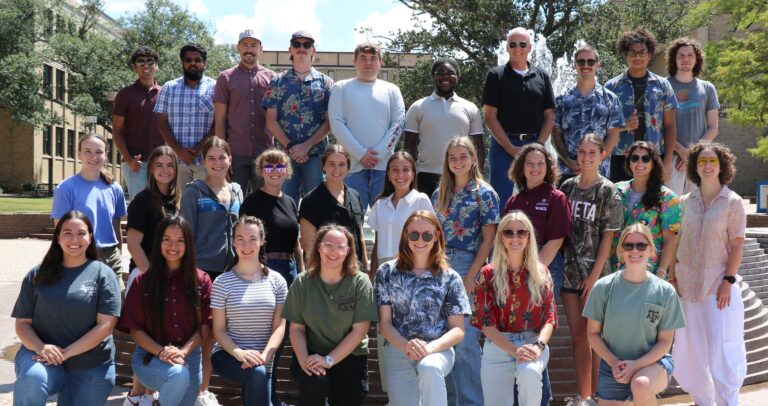

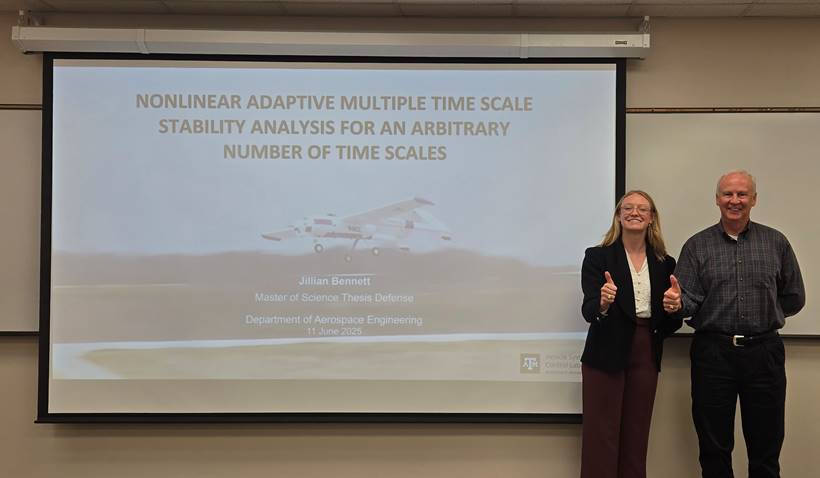
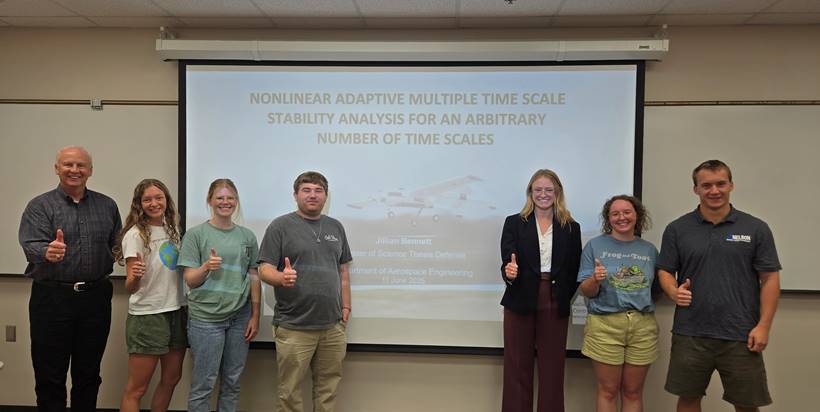
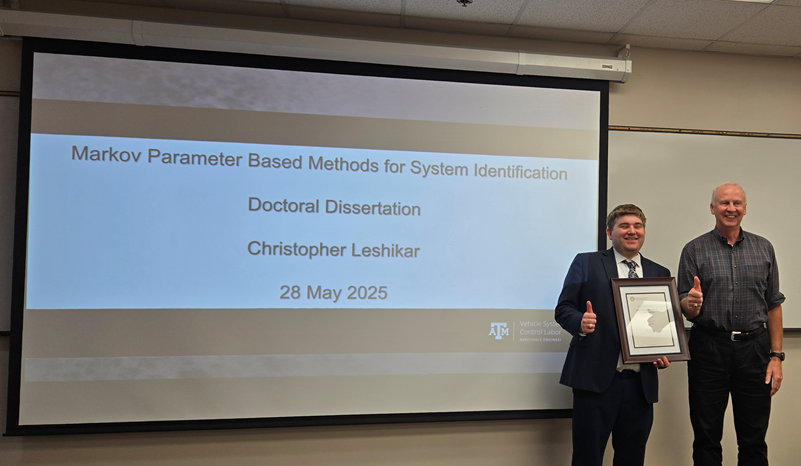
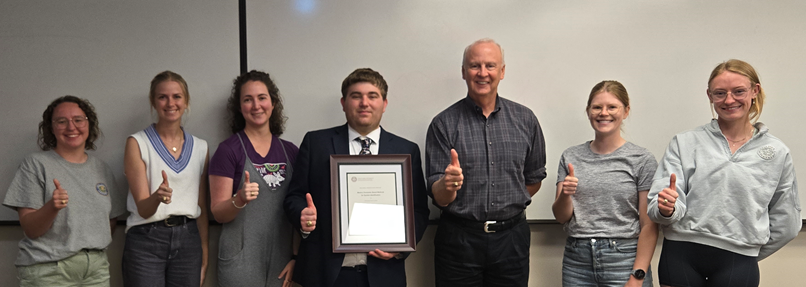
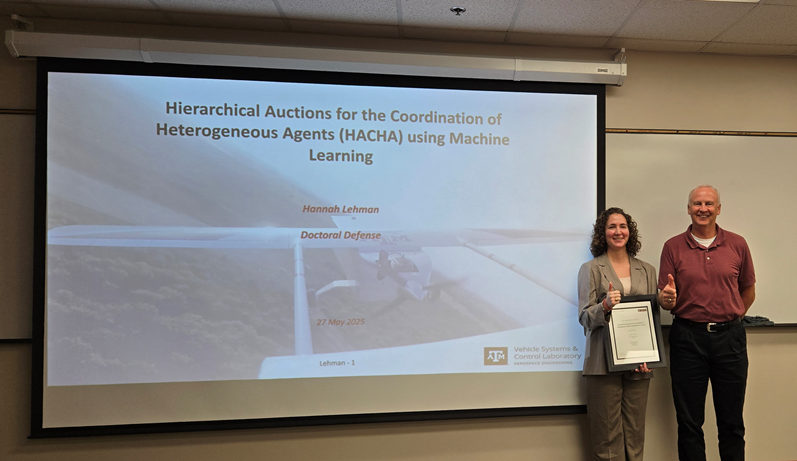

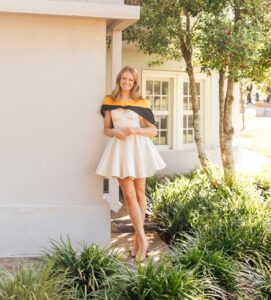 Jillian was honored at the Texas A&M University’s Graduate and Professional School’s 2025 Spring Awards Ceremony with the Outstanding Mentoring Award for Graduate and Professional Students. This award recognizes and honors individuals who have demonstrated exceptional commitment to mentoring undergraduate students or peers. Jill is passionate about mentoring students through her lab and organizations like Sigma Gamma Tau and the aerospace honor society, helping women navigate school and life stressors while pursuing aerospace engineering opportunities. Congratulations Jill!
Jillian was honored at the Texas A&M University’s Graduate and Professional School’s 2025 Spring Awards Ceremony with the Outstanding Mentoring Award for Graduate and Professional Students. This award recognizes and honors individuals who have demonstrated exceptional commitment to mentoring undergraduate students or peers. Jill is passionate about mentoring students through her lab and organizations like Sigma Gamma Tau and the aerospace honor society, helping women navigate school and life stressors while pursuing aerospace engineering opportunities. Congratulations Jill!